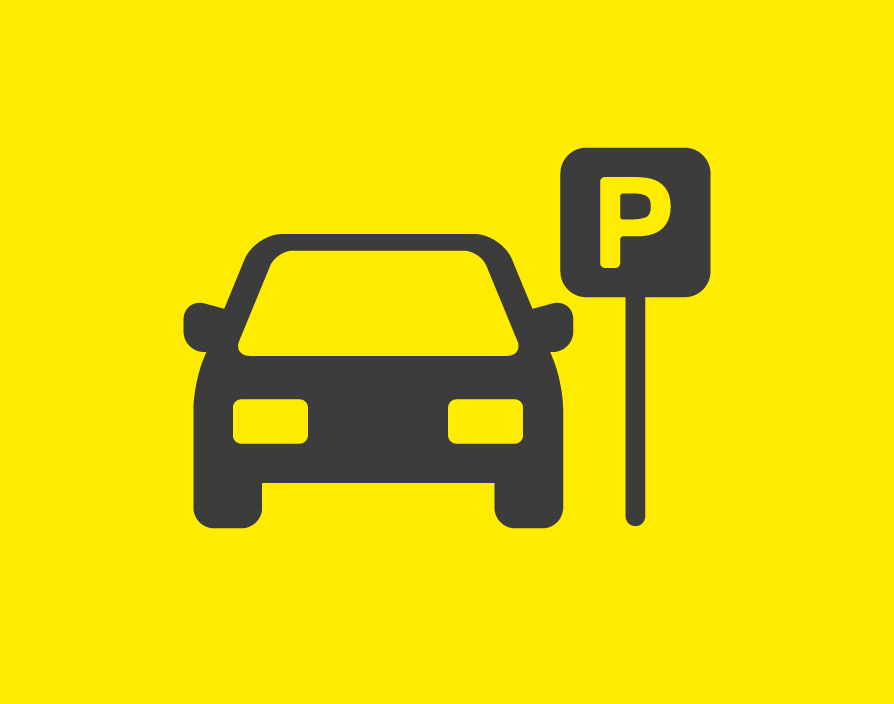Few sources of inspiration are as potent as that of frustration and the lightbulb moment that lead to the creation of AppyParking, the parking-payment and information app, is no exception. “The idea came about when I was trying to park outside the Royal Albert Hall to go to a gig,” says Dan Hubert, founder and CEO of the startup. Unfortunately the parking bays were full and the information about alternative places to put his car were scant. “Not ideal,” Hubert says. “It was then that I thought something had to be done about this awful lack of communication between council and drivers.”
However, doing something about Britain’s broken parking system would prove a bigger challenge than expected. Just as for many other startups in the transportation sector, one the biggest hurdles to overcome was accessing data to start building his platform, which was made more difficult because there was no public-parking database he could access. “[It was then] I realised the magnitude of my vision,” he says. But rather than giving up, he doubled down and went to work. For months he pulled information off local authorities’ websites, deciphered hand-drawn maps and created a map of London’s parking spaces. “I then had to individually draw and digitise over 1,800 parking zones and input every parking restriction across all bay types.”
Moreover, Hubert quickly realised how much patience would be required to get his solution off the launchpad. “[The] transportation and mobility space is very startup-unfriendly,” he says. Indeed, any entrepreneur operating in the sector has to be ready to deal with local councils, regulators, established transport companies and manufacturers. Additionally, you also have to woo the public opinion. “All these things are naturally slow-moving and adverse to change, which is the antithesis of startup principles,” Hubert says.
To make things even more challenging, he did all this without any help from outside investors. “I bootstrapped the first year with all the savings I had to my name,” he says. “Things got tight toward the end of the first year so I decided to sleep on my friend’s sofa and let out my flat on Airbnb to make ends meet.” Fortunately, things looked up in 2015 when he raised a seed round through the Microsoft Accelerator London, the VC firm Rosemont Group Capital Partner and through three angel investors. “Since then we’ve raised two additional seed rounds for £1m and £2.25m respectively and we’ll be going for a series A in Q1 2018,” he says. In total, AppyParking has raised $4.5m to date.
Thanks to these injections of capital and his own perseverance, the startup has grown significantly. “The company has been through a lot of changes and we’re now a team of 18 people,” Hubert says. But he’s not taking his foot off the accelerator anytime soon and is planning to grow the team to 80 people by early 2019. “[It] will be a huge transition,” he says.
And people are sitting up and paying attention. Not only has the startup attracted several big brand partnerships – including trialling a parking payment system in partnership with the borough of Westminster and Pimlico Plumbers, which saved the latter more than £100,000 in parking fines – but the startup has also been recognised in several business awards. “The recognition is great as parking is so much more than just parking,” he says. By winning things like the European Startup Prize for Mobility award and being named Best British Mobile Startup by KPMG, Hubert hopes to raise awareness about what still needs to be done. “Every metre of kerbside needs to be addressed beyond parking bays and if we are to manage the future of connected cars correctly,” he says. “There are some very obvious virtual roadblocks that need [to be] resolved in order to be able to open up new opportunities and business models within the intelligent mobility revolution.
And there’s no doubt that AppyParking is aiming to do its bid to make this happen. “It’s our mission to make parking truly forgettable by powering connected and driverless vehicles with HD kerbside navigation and automated payments,” he concludes. “This requires huge belief, energy, support and focus. So for me and my team, it’s a case of keeping our head down and cracking on and solving a huge problem at a time.” ![]()
Share via:








































